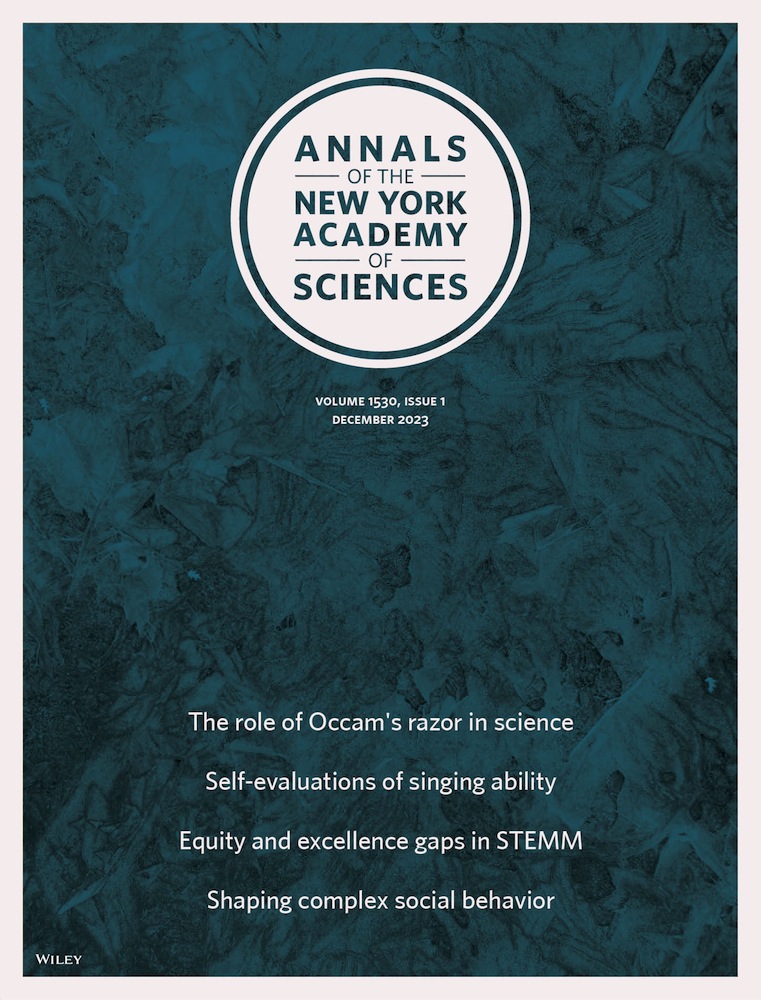Epigenetic Mechanisms in Childhood Obesity
IF 4.8
3区 综合性期刊
Q1 MULTIDISCIPLINARY SCIENCES
引用次数: 0
Abstract
Epigenetic mechanisms, including DNA methylation, histone modification, and activity of noncoding RNAs (nc RNAs), affect the regulation of gene expression. These mechanisms are regulated by numerous environmental factors and are critical at specific windows of biological development, when organs and systems plasticity is increased. Evidence suggests that exposure to factors influencing these mechanisms may have an effect on health, including the risk for obesity at early stages of life. This study analyzed published evidence on the association between epigenetic mechanisms and childhood obesity. We searched for studies using untargeted detection methods followed by validation of associations between epigenetic mechanisms and obesity in children. Fifteen studies were found: two meta‐analyses on DNA methylation, seven original studies on DNA methylation, one systematic review on microRNAs, and five studies on nc RNA. No studies on histone modifications were identified. Most studies were conducted in blood cells or blood‐derived fluids. DNA methylation in different tissues was associated with childhood and adolescent obesity or related phenotypes, although comparison across studies is difficult due to technical differences. Nc RNA differed between children with and without obesity. Research on the role of factors regulating epigenetic mechanisms associated with childhood obesity is highly needed.儿童肥胖的表观遗传机制
表观遗传机制,包括DNA甲基化,组蛋白修饰和非编码rna (nc rna)的活性,影响基因表达的调节。这些机制受到许多环境因素的调节,在器官和系统可塑性增加的生物发育的特定窗口中至关重要。有证据表明,接触影响这些机制的因素可能会对健康产生影响,包括在生命早期阶段出现肥胖的风险。这项研究分析了已发表的关于表观遗传机制与儿童肥胖之间关系的证据。我们检索了使用非靶向检测方法的研究,随后验证了表观遗传机制与儿童肥胖之间的关联。共发现15项研究:2项关于DNA甲基化的荟萃分析,7项关于DNA甲基化的原始研究,1项关于microrna的系统综述,5项关于nc RNA的研究。未发现组蛋白修饰的研究。大多数研究是在血细胞或血液来源的液体中进行的。不同组织中的DNA甲基化与儿童和青少年肥胖或相关表型有关,尽管由于技术差异,很难进行跨研究的比较。Nc RNA在肥胖儿童和非肥胖儿童之间存在差异。目前迫切需要研究与儿童肥胖相关的表观遗传机制调节因子的作用。
本文章由计算机程序翻译,如有差异,请以英文原文为准。
求助全文
约1分钟内获得全文
求助全文
来源期刊

Annals of the New York Academy of Sciences
综合性期刊-综合性期刊
CiteScore
11.00
自引率
1.90%
发文量
193
审稿时长
2-4 weeks
期刊介绍:
Published on behalf of the New York Academy of Sciences, Annals of the New York Academy of Sciences provides multidisciplinary perspectives on research of current scientific interest with far-reaching implications for the wider scientific community and society at large. Each special issue assembles the best thinking of key contributors to a field of investigation at a time when emerging developments offer the promise of new insight. Individually themed, Annals special issues stimulate new ways to think about science by providing a neutral forum for discourse—within and across many institutions and fields.
 求助内容:
求助内容: 应助结果提醒方式:
应助结果提醒方式:


